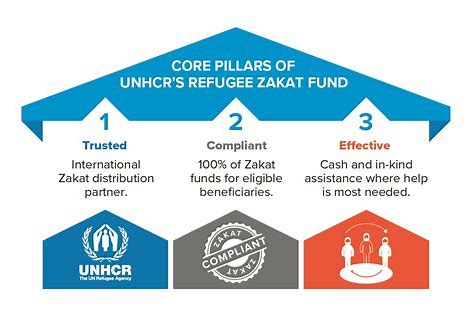The UN refugee agency said on Friday that its operations are receiving increased funding from special initiatives set up in recent years to collect donations from Muslims. The agency also said it was working to ensure that its operations do not become too expensive.
A day after the start of the Muslim holy month of Ramadan, the UN High Commissioner for Refugees (UNHCR) gave a positive assessment of its initiative to raise funds through zakat, the religious alms owed by every Muslim, and sadaqa, spontaneous donations.
Some $200 million (€186 million) has been raised since the launch in 2017 of the Zakat Fund, which combines the two forms of giving.
Zakat – one of the five pillars of Islam, along with the profession of faith, prayer, fasting in the month of Ramadan and the pilgrimage to Mecca – involves giving 2.5% of one's annual income to the poor.
“In the last five years, we have managed to help six million people, mainly in Muslim countries, through zakat and sadaqa,” UNHCR’s representative to the Gulf Cooperation Council countries, Khaled Khalifa, told a press briefing in Geneva.
With these funds, UNHCR provides support to vulnerable populations in 26 countries. The most supported communities are Rohingya refugees in Bangladesh, internally displaced people in Yemen and Syrians who have taken refuge in Lebanon.
Last year, the fund received $21.3 million in contributions via zakat and $16.7 million via sadaqa, UNHCR said.
The aid is mainly directed to Muslim-majority countries but “we don’t help only Muslims, and we don’t divide the beneficiaries by religion,” Khalifa assured.
He also acknowledged that compared to UNHCR’s multi-billion-dollar overall budget, Islamic philanthropy is “just a drop in the ocean.”
“I hope it will be much bigger in the future,” he said.

